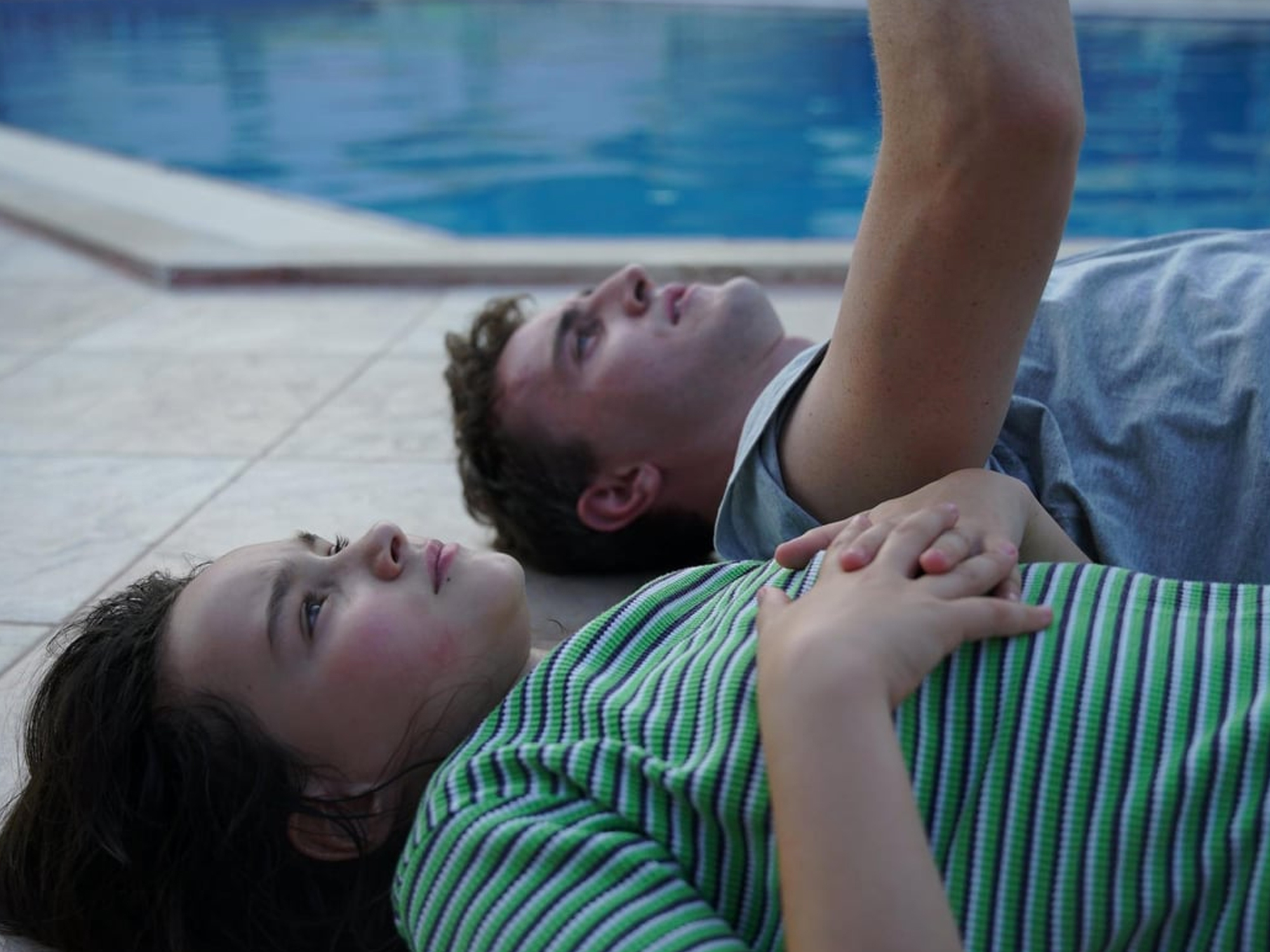
Joanna Hogg’s The Eternal Daughter also deals with the memories of a parent. Filmmaker Julie (Tilda Swinton, playing an older version of Honor Swinton Byrne’s character from The Souvenir) takes her mother (also played by Tilda Swinton) to a former family home, now a hotel, to celebrate the mother’s birthday while she is working on her next screenplay. As the only two guests of the eerie hotel, the pair have little to interact with aside from each other. Julie is haunted by her mother’s memories as well as her own.
On the genesis of the film, Hogg expressed: “The story completely came about because of my relationship with my mother, and because of a fear of my mother one day disappearing… it’s something that has haunted me since I was a child”. She was also exploring her feelings of how her identity is intertwined with her mother, and how she might survive once her mother passes.
Despite already creating two extremely personal and autobiographical films in The Souvenir Parts I and II, The Eternal Daughter may be the most intimate film Hogg has made yet. The whimsicality of it allows her to portray more abstract ideas and create an atmosphere where the audience is able to feel what she feels without her having to describe it.
One Fine Morning, directed by Mia Hansen-Løve, has less to do with memory and more to do with the present moment, and all the heartbreak and happiness it can hold simultaneously. The film follows Sandra (Léa Seydoux) as she takes care of her daughter, visits her father Georg (Pascal Greggory) who is suffering from a neurodegenerative disease, and begins a love affair with her old friend Clément (Melvil Poupaud), who is married.
The film is a whirlwind of emotions – one moment, Sandra is laughing and kissing Clément when they have a moment away from her daughter, and the next moment she’s speaking with her father in the hospital, trying to remind him who she is. No matter what happens, her life keeps moving forward as she grows and discovers what she needs out of these relationships.
Hansen-Løve is known for making films that are inspired by events in her life, but this one is particularly autobiographical. Like Georg, Hansen-Løve’s own father suffered from a neurodegenerative disease, and she was pregnant while she was dealing with that change and with his death from COVID-19 soon after. The film was also a way of preserving the memory of her father – she wanted the character of Georg to speak and behave as her father did, and she used her father’s actual books in the film to decorate his apartment. The books are of great importance in the film and in real life – in a scene where Sandra is storing her father’s books at the apartment of his former student, they discuss how the books are what’s left of the father she used to know.
Hansen-Løve feels the same – that objects can act as a place for one’s soul to pass through or stay. Films can act in a similar way. As she said in an interview with A Good Movie to Watch, “films are a lot about keeping track of my memories because people will vanish and disappear, and we want other people to remember them, who they were, and why they were loved. Making this film was a way of keeping the memory of my father before it was too late”. Hansen-Love is always happy to remind us that, although we may experience grief and loss, life will go on and there will be new beginnings.
Joanna Hogg brought up in her NYFF interview about The Eternal Daughter that during the pandemic we have all been faced with our own mortality and the mortality of parents, maybe in a more significant way than we previously felt. In The Eternal Daughter, Aftersun, and One Fine Morning, we might find pain and grief, but we also find catharsis in seeing this deeply personal experience as something universal.


